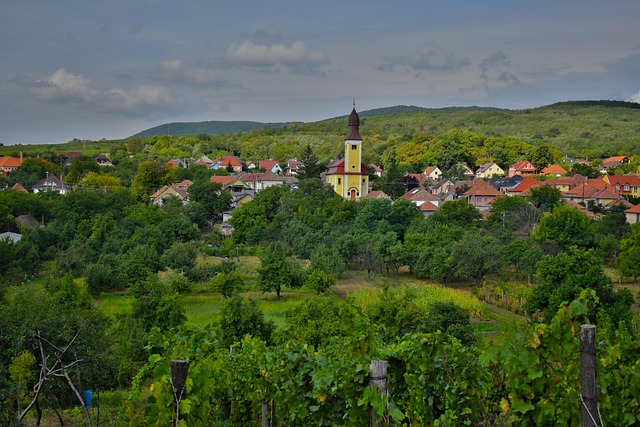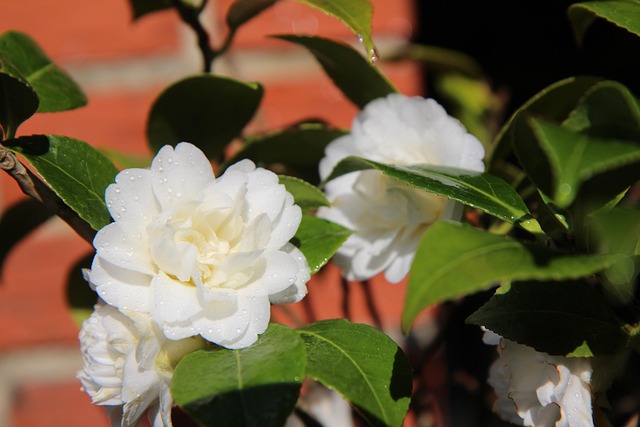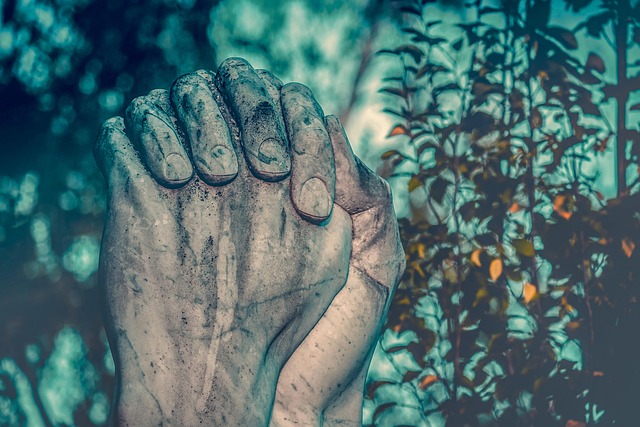When the holiday season approaches, a wave of sentiments sweeps over communities worldwide. With love as the central theme, religion plays a significant role in shaping how these celebrations manifest. Different cultures and faiths infuse unique beliefs and traditions into the holiday mix, creating a rich tapestry of shared experiences that ultimately revolves around love.
Take Christmas, for example. At its core lies a profound message about love and compassion. Celebrating the birth of Jesus, Christians embrace values of kindness and goodwill towards others. The act of giving gifts is often seen as a reflection of the love Jesus showed the world. Families come together to share meals, exchange presents, and partake in rituals that bind them closer during this special season. From the twinkling lights to the carols that fill the air, the love shared among communities becomes palpable during this time.
Similarly, Hanukkah, the Jewish Festival of Lights, encapsulates the essence of love and remembrance. As families light candles on the menorah, they recount the historical struggles of their people while emphasizing the importance of unity and resilience. Traditions like playing dreidel and sharing sufganiyot (jelly-filled doughnuts) foster familial bonds and strengthen the love shared among generations. These celebrations serve to remind individuals of the importance of love not only within their families but also extending toward their communities, promoting solidarity and support.
In Islam, the celebration of Eid al-Fitr carries a powerful message of love as well. After a month of fasting during Ramadan, families gather to break bread with one another, sharing meals and engaging in prayer. Acts of charity are encouraged, reflecting the core Islamic principle of helping those in need. This connection fosters compassion and unity, encouraging believers to strengthen their relationships not just with family and friends, but also with those less fortunate, highlighting love’s transformative power in the community.
Buddhism offers a different yet equally profound perspective on love during its various celebrations. During Vesak, which marks the birth, enlightenment, and death of the Buddha, practitioners engage in acts of kindness and generosity, reinforcing love for all sentient beings. The practice reflects the core Buddhist tenet of compassion, emphasizing that love extends beyond familial bonds to embrace all living creatures. Celebrating love on such occasions not only deepens spiritual connections but inspires individuals to live with a greater sense of purpose and empathy.
Regardless of the religion, love is a universal thread that binds people during their holiday celebrations. The merging of faith and love creates a sanctuary where individuals feel safe, valued, and connected. This shared love acts as a bridge, overcoming barriers and fostering understanding among diverse communities. In this light, holiday celebrations become more than just rituals; they transform into expressions of love that resonate deeply within the hearts of participants.
As we navigate the various holiday celebrations throughout the year, it’s important to recognize and embrace the power of love through religious practices. Love not only enriches our experiences but also enables us to spread joy and kindness in a world that often feels divided. The next time you partake in a holiday tradition, whether it’s lighting a menorah, decorating a Christmas tree, or sharing a feast during Eid, remember the love that infuses these experiences. Let it inspire you to carry that love beyond the holiday season, fostering connections and igniting compassion in everyday life.




